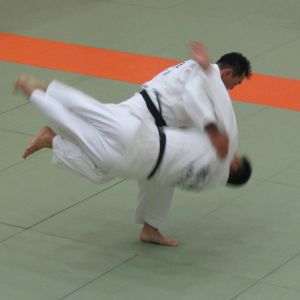The so-called "Dream shops" have turned to the online medium, in order to avoid the troubles they had to face when using brick and mortar stores. The owners of so-called ethnobotanical plants have found a new loophole, as the World Wide Web has become the turf of the sellers of dangerous dreams. The online stores have very generous offers, such as copious discounts for a comprehensive range of drugs or even free delivery. The order can be placed by a simple text message or directly on the website. For customers located in Bucharest, delivery can be done within a maximum of 60 minutes, and within 24 hours in other cities, if the customer opts for a quick shipping company, or it can take a little longer if the package using the Romanian Post Office. On one such website, the webmasters, eager to "help" their customers, have posted links to the websites of the Chamber of Deputies, the Consumer Protection Agency and the Ministry of Health. Moreover, the website also features pictures from its own laboratory, which is quite clean and well equipped.
Apart from the websites themselves, there are other ways of advertising the virtual stores, such as Facebook or Twitter accounts. One such website (we are obviously not going to advertise any such address) has over 1,000 "friends" on Facebook, many of them already being constant customers of the website. Various websites also feature bulk-selling ads, with the offers sounding extremely professional: buyers receive invoices and the products come with a quality certificate, hologram and even warranty. Products such as Bonzai, Maraciuca, Ninja Strong, Spice Green, Purple, Chocolate, Red Pussy, Spice Crystal Energy, Afgan Solid Herb, Flower Power, 69, Jamaican Gold are sold in doses of various sizes, with prices going from 20 lei to 100 lei, tailored to fit any wallet and any taste.
For the authorities, which have taken several steps towards restricting the use of these substances, the vendors" move to the web poses a new problem. In the case of regular stores, it was easier to investigate them and have them shut down. On year ago, the government passed an emergency decree which prohibited 27 plants and substances with psychoactive properties. According to the provisions of the Emergency Government Ordinance, growing, manufacturing, selling or distributing the restricted substances are punishable by 3 to 20 years in prison. The names of the products are changed every day and the list of forbidden substances is always one step behind the new products brought to the market. Over time, have been renamed as "natural plant fertilizers", with consumers constantly keeping abreast of the newly released products. According to doctors, psychotropic and psychoactive products are a lot more dangerous to consumers than the currently known drugs.
Two days ago, the Member of the European Parliament Petru Luhan requested in a session of the European Parliament the prohibition of stores that sell ethnobotanic substances. Luhan said that Romania ranks fourth among EU member countries, in terms of consumption of such substances. Over 1,300 cases of severe intoxications were recorded in 2010, of which several dozens resulted in deaths. The United Kingdom, Germany, Poland, Sweden and Denmark have prohibited the use of a significant number of substances identified as psychotropic and psychoactive.



























































